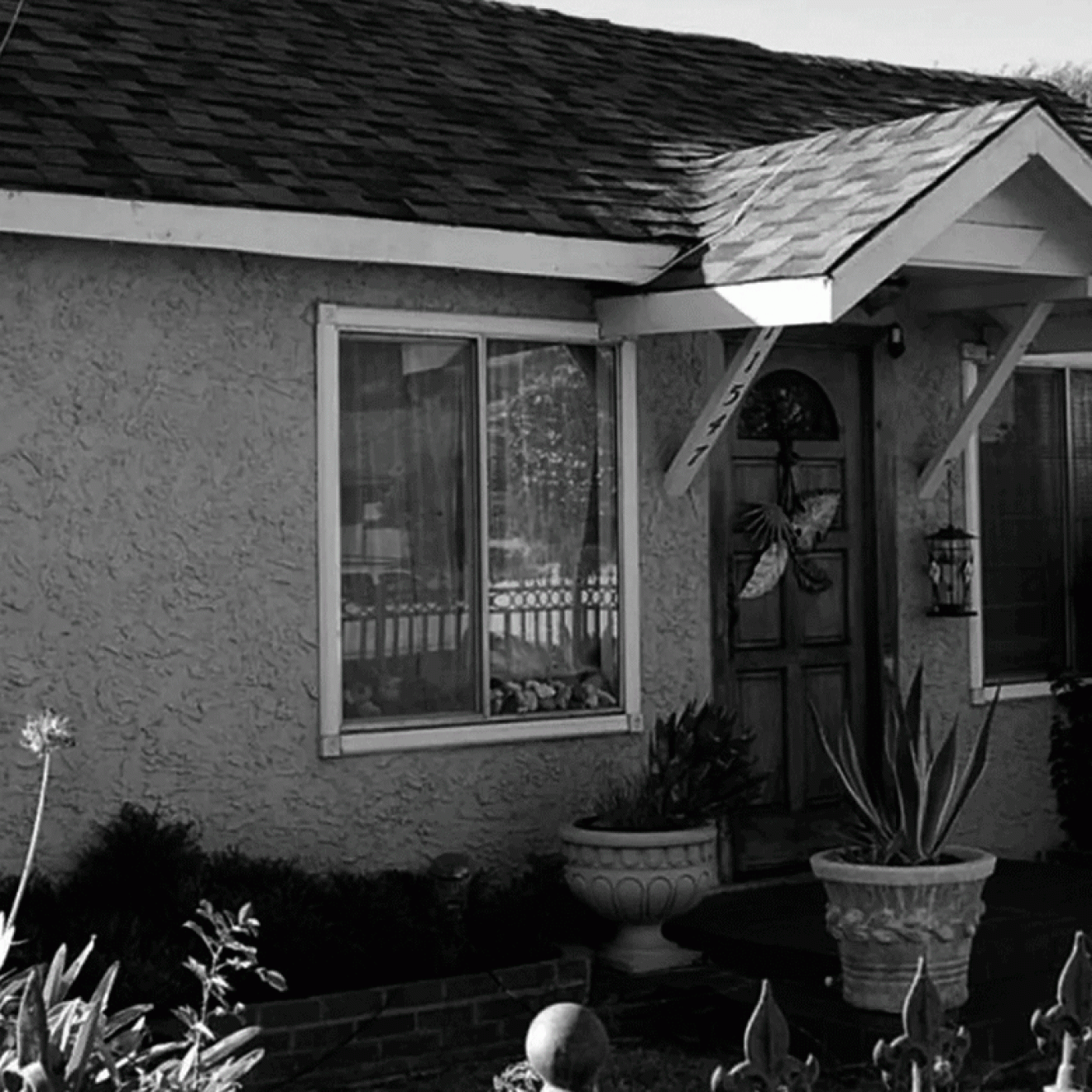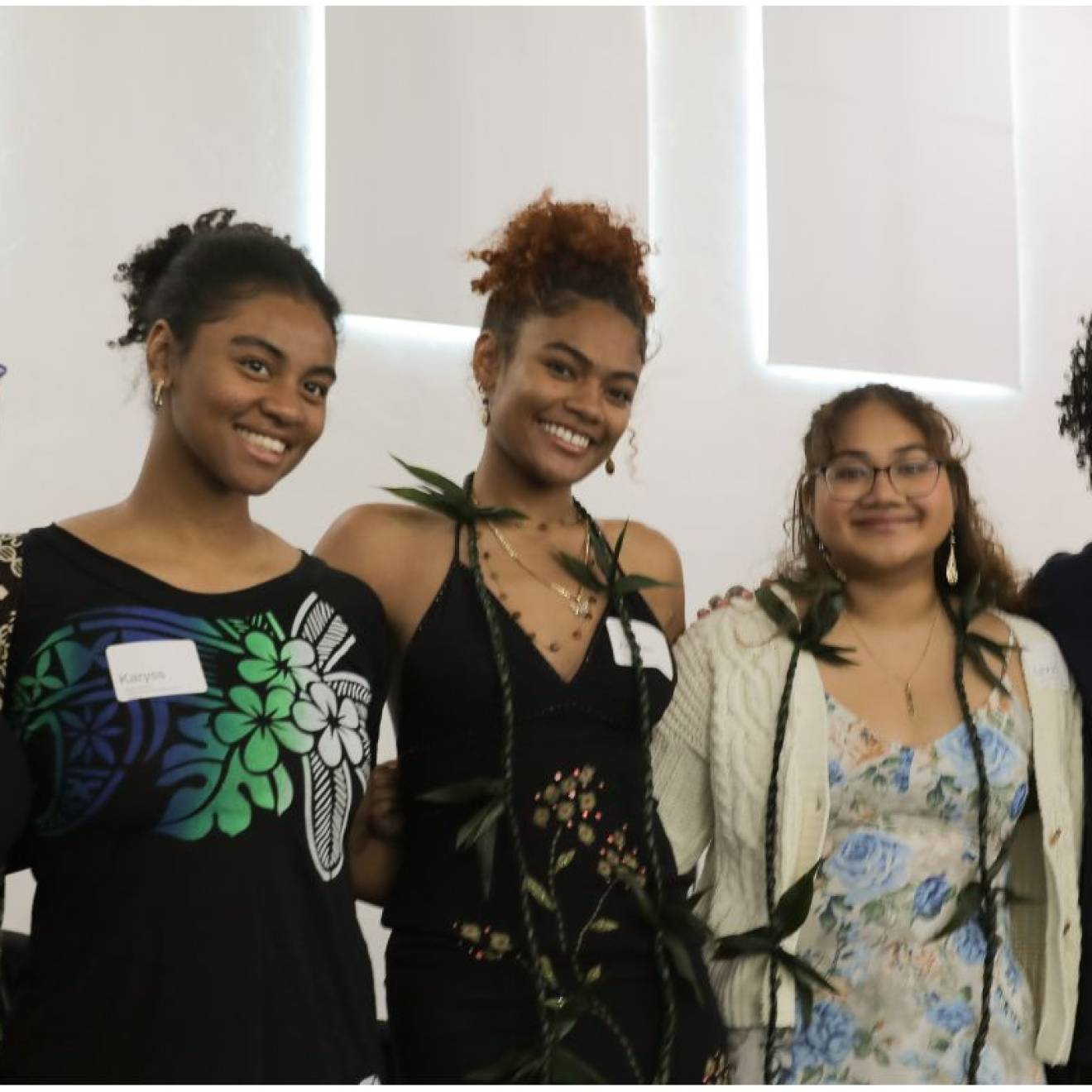BERKELEY — Officials at the University of California, Berkeley's Regional Oral History Office are looking to a July 23 memorial service for the hundreds of servicemen and civilians killed and hurt in the largest homeland disaster during World War II to aid the office's search for first-hand accounts of the 1944 Port Chicago explosion that helped desegregate the U.S. military.
The Regional Oral History Office (ROHO) is a research unit within UC Berkeley's Bancroft Library, and has initiated interviews with surviving witnesses to the explosion of more than 5,000 tons of TNT as sailors loaded munitions. The explosion demolished the Liberty ship SS A.E. Bryan as well as the SS Quinalt Victory and rocked communities for miles around. UC Berkeley seismographs recorded the strength of the disaster's second explosion as equal to an earthquake measuring 3.4 on the Richter scale.
Some 320 servicemen and civilians died, and 390 were hurt. Two-thirds of the men who died were African-American sailors and, according to the website of the U.S. Department of the Navy's Naval Historical Center, the Port Chicago disaster accounted for 15 percent of all African-American casualties of World War II.
The incident highlighted the era's racial tensions and segregated military, as white sailors at the port were not involved in the munitions loading, and the black sailors had limited training for the job.
Of the 200 black sailors who refused to return to work unless unsafe conditions were corrected at the port east of San Francisco, 50 were court-martialed and convicted of mutiny. Efforts to posthumously exonerate those convicted at Port Chicago have repeatedly failed. One sailor, Freddie Meeks, asked for and received a pardon from President Clinton in 1999.
"We will honor those who have passed, as well as the resistance of African-American soldiers who certainly are a part of the civil rights movement and the desegregation of the military," said David Dunham, manager of ROHO's World War II Homefront Project.
ROHO will have an informational table at the memorial and commemoration, which will be held at the Military Ocean Terminal in Concord, Calif. The memorial will take place on July 23 from 10 to 11 a.m., followed by an informal gathering and ranger-led tours from 11 a.m. to 2:30 p.m
Reservations are required by July 16 to join in the ceremonies at the site that became the 392nd unit of the National Park Service in 2009. For information about reservations and required clearances, call (925) 228-8860, ext. 6522, or visit www.nps.gov/poch/index.htm.
The WWII American Homefront Oral History Project possesses dozens of accounts of the day of the disaster from around California and the San Francisco Bay Area. While those living in the area have recounted that the explosion rocked buildings and shattered glass around the region, the military's wartime suppression of incident information left some residents baffled about the cause of the shaking until they learned of the mutiny trials much later.
Among these oral histories are several in-depth, first-hand accounts of the Port Chicago explosion that document a range of responses, reactions and memories.
Anyone with a first-person account of Port Chicago can contact rtr@lists.berkeley.edu or call project manager David Dunham at (925) 937-2290.
More about the WWII American Homefront project is online at www.bancroft.berkeley.edu/ROHO/projects/rosie.

